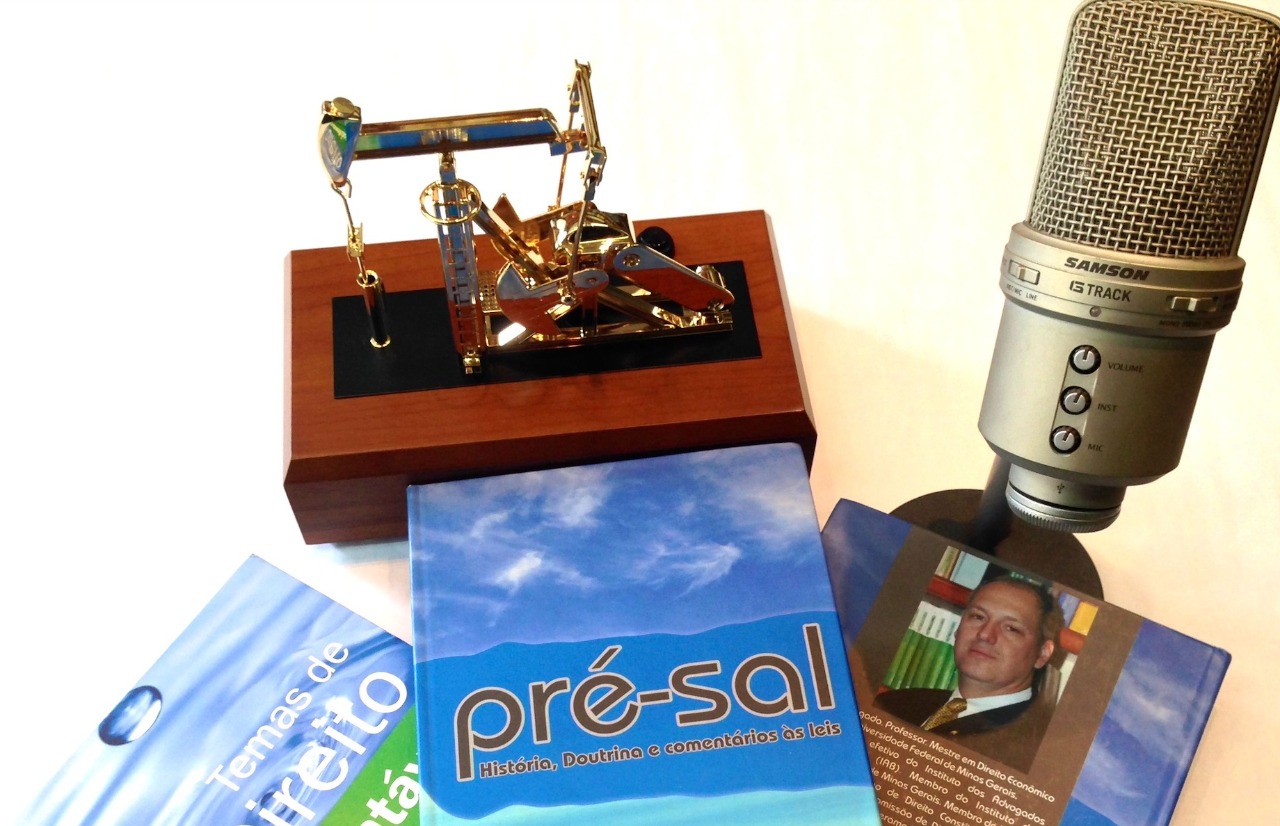The type, rates and the distribution of royalties collected from offshore oil and gas activities in Brazil are different from those in the United States. In Brazil the royalties exists to compensate for tax losses but also to remedy environmental impact to the states, endemic to offshore drilling.
With the new pre-salt legislation last year in Brazil, a major discussion about the royalty rates and their distribution started. A new legislative bill currently under discussion will change the distribution among the Brazilian states and with this bill the oil and gas producing states of offshore operations will lose a massive amount of money. The bill decrees that royalties will be distribute among all states in Brazil. For that reason the majority of congressmen support the bill.
The Rio de Janeiro State’s Governor was trying, with no success, to convince the Brazilians that it is important that the royalty money stay in producer states and Rio de Janeiro is a major producer.
In the middle of this discussion Chevron announced an oil spill on an offshore block located offshore Rio de Janeiro. That was the perfect scenario for an emotional discussion to change the public opinion about the bill of royalty distribution. Immediately, Chevron received fines that sum up till now to more than $150 million.
Chevron did a good job to drown itself in that muck. Instead of facing the facts and acting pro-actively, company officials during the first days used the standard “no comment” policy, which opened the floodgates of rumor and innuendo. Lack of information on the oil spill was supplanted with all sorts of misinformation and wild speculation in both the press and government officials. Even now Chevron still has not put together an adequate response in a number of main fronts: press (public relation), environmental civil and criminal damages and Government affairs.
There are unofficial comments saying that Chevron, with deep pockets, will serve as the scapegoat and made an example on how Brazilians officials will deal with oil spills. It really it does not matter if the rumor is true or not. Within a few days from the spill, the president of the Brazilian oil and gas agency (ANP), an organization akin to the US EPA and the Department of the Interior’s functions in oil and gas production, decided to suspend all Chevron’s activities in Brazil until the investigations on the oil spill come to an end. Despite the aggressive illegal move from ANP against Chevron (incredibly the company has yet to react), there are a few facts that need to be clarified before anyone points the finger at Chevron.
First, the Chevron exploratory drilling is in a consortium with Petrobras, which owns 30 percent. What is the role of Petrobras in that contract is not clarified. The situation reminds one of a similar recent incident in China’s Bohai Bay where ConocoPhilips was the operator but CNOOC was by far the majority stake holder. The spill brought the weight of Chinese state agencies in pursuing ConocoPhillips but CNOOC’s name was hardly mentioned.
Second, the oil spill/accident contingence plan was created when the Chevron/Petrobras consortium signed the exploration contract with ANP. Based on the international experience of oil spill cases the contingence plan can describe and prevent a lot of situations, but when the subject is underwater drilling it is impossible to cover all situations. In those cases contingency plans should be put in place at the time of the signing of the consortium, not after a failure occurs.
Before Brazilian congressmen have their five minutes of fame in front of the TV cameras, pointing their fingers at Chevron, it needs to be clarified that the pre-salt legislation was created without any environmental protection regulations. When the pre-salt bill was in the Brazilian Senate, on March 31, 2010 the Senate rejected all environmental amendments with the excuse that the economic welfare that the pre-salt oil production would bring should come first. That was nineteen days after the BP Gulf of Mexico accident occurred. Now Brazilians congressmen should think first about their own responsibility before saying that Chevron bears full responsibility.
There is no governmental provision such as the US oil spill liability trust fund for any contingencies. Thus, there is no way that the Brazilian authorities may recover any damages or help with accident abatement, other than fining the drilling company or consortium.
And in Brazil there is no organization such as the National Ocean Industries Association (www.noia.org) which plays a major role in safer drilling and protecting jobs in US.





